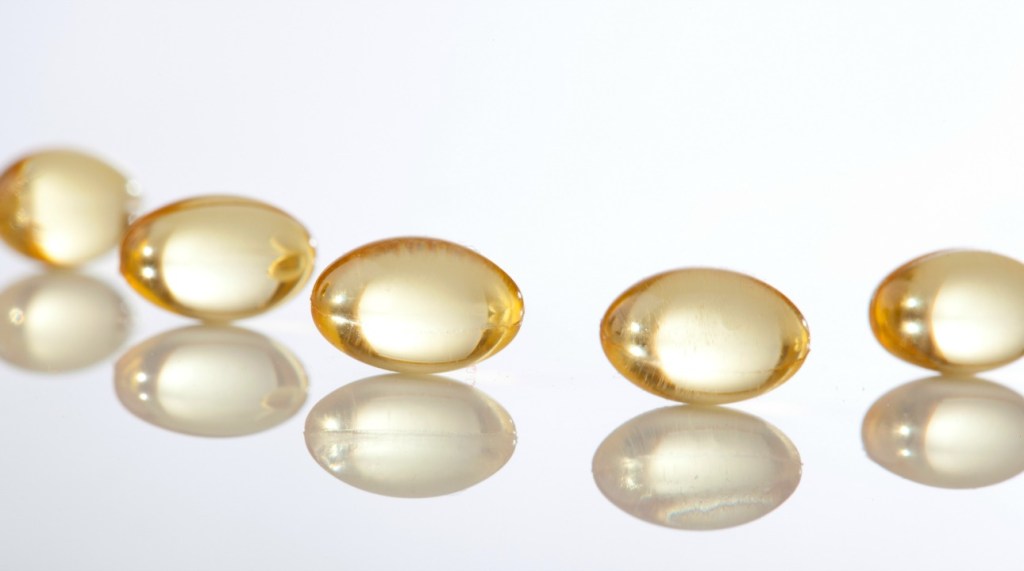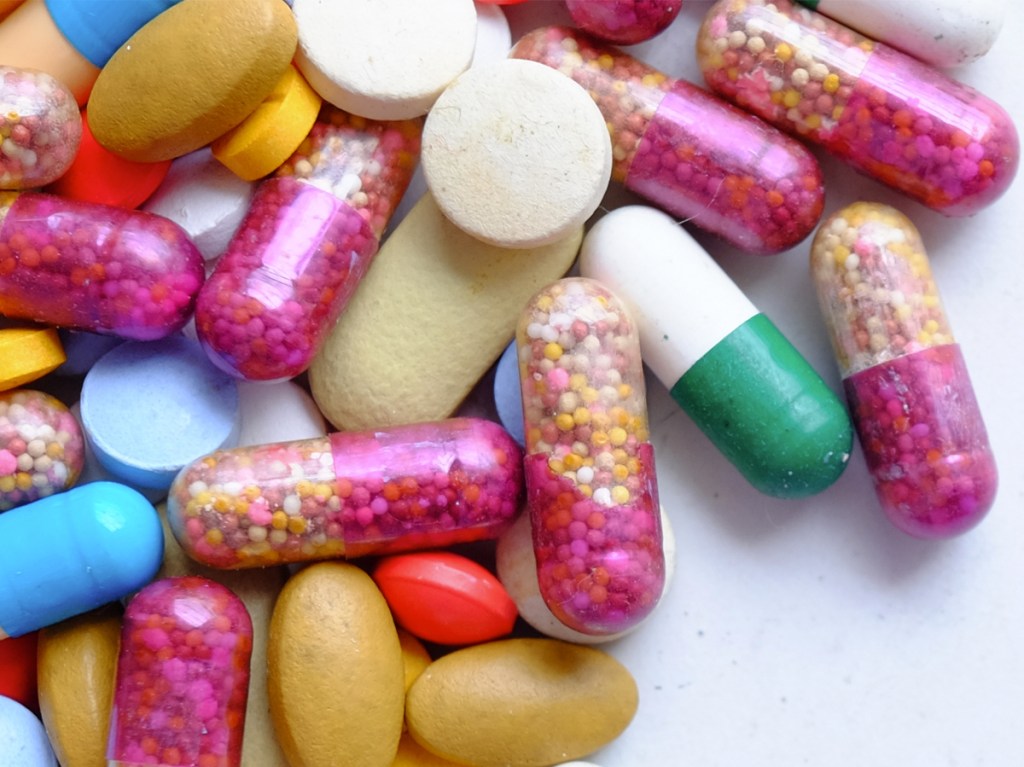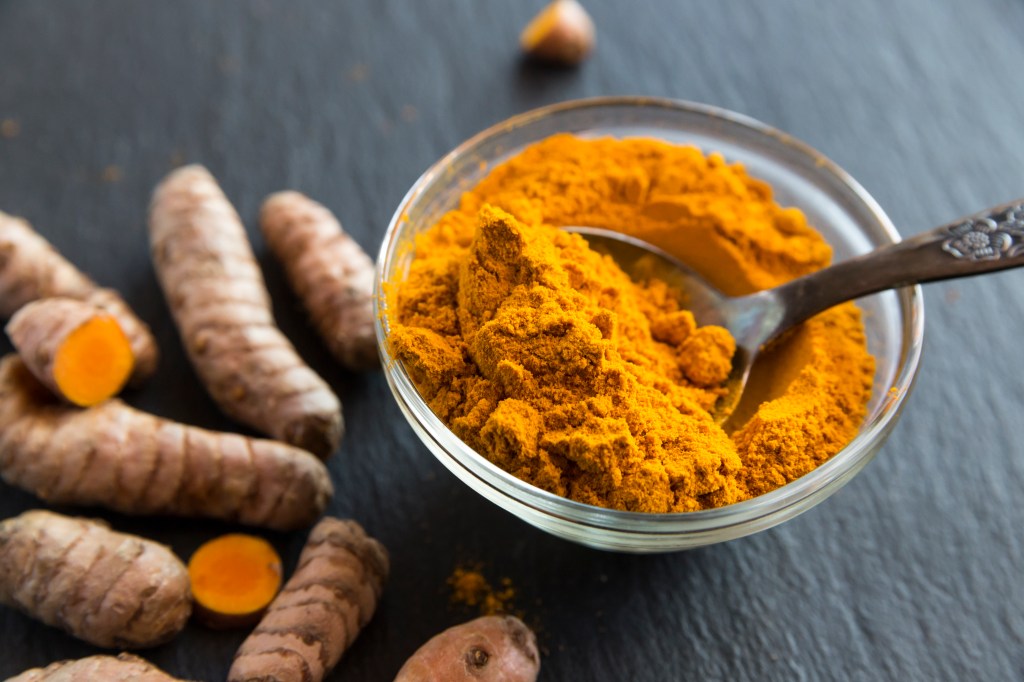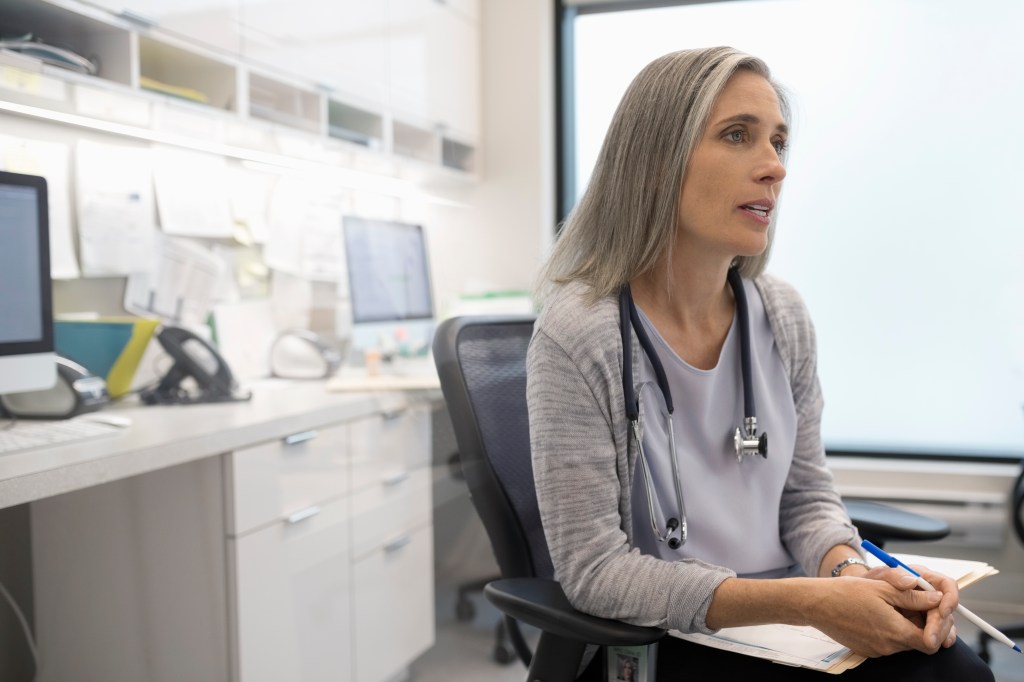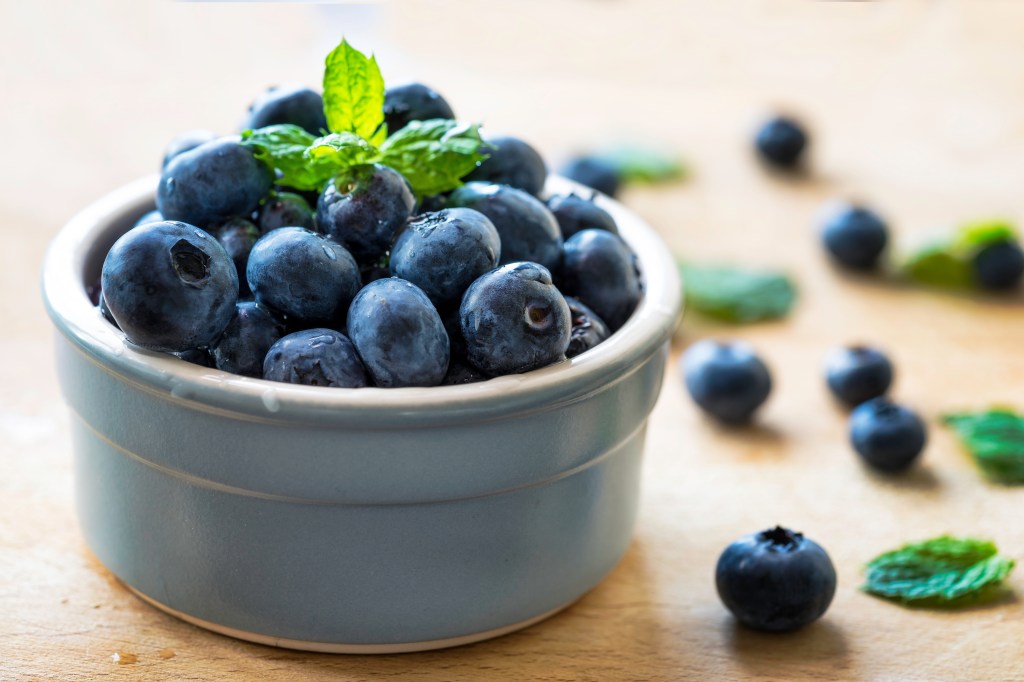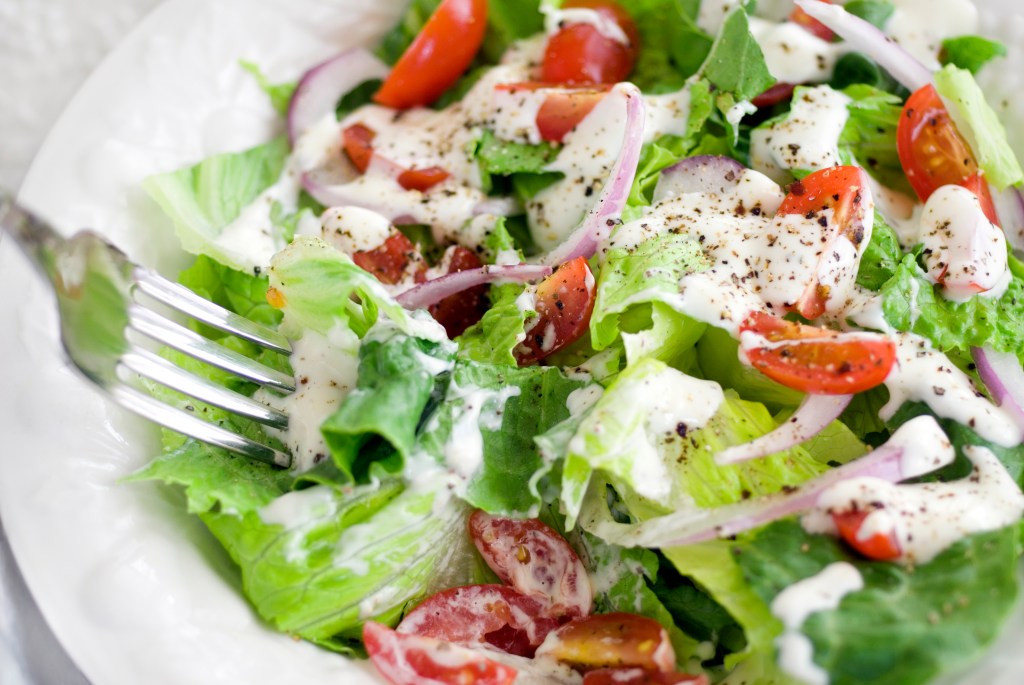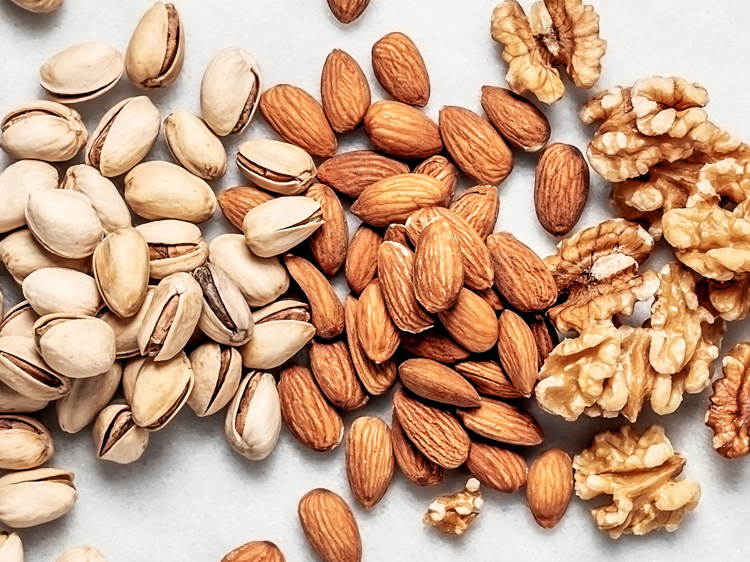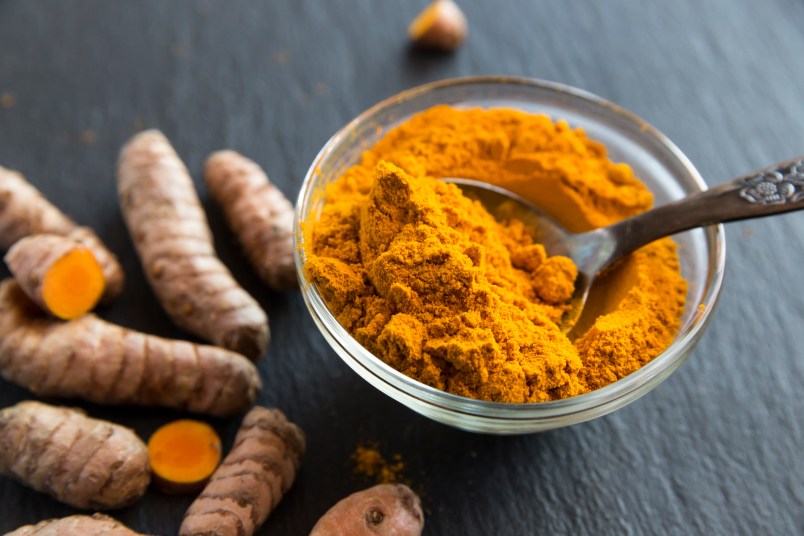
Outside of skin cancers, colon cancer is the third most common cancer diagnosed in men and women in the United States. The figures are scary, but you can prevent colon cancer right at home by following a few expert-approved tips. Check them out below.
-
Sip coffee.
Getty Images National Cancer Institute researchers who followed half a million Americans over 15 years found that people who drank four or more cups of antioxidant-rich coffee a day — regular or decaf — had a 15 percent lower risk of colon cancer than coffee abstainers.
-
Get more vitamin D.
Getty Images Folks with the highest levels of vitamin D circulating in their bloodstreams are 40 percent less likely to develop colon cancer than those with the lowest levels, reveals a joint French and Italian study. Vitamin D protects against colon polyps, the precursor to cancer, say researchers. Aim for 1,000 IU of D daily.
Try this supplement from Life Extension ($7.83, Amazon).
-
Slim down.
Getty Images Obese women are shown to have an 86 percent higher risk of developing colon cancer. The good news: Dropping 20 pounds any time in your life lowers your risk 9 percent — and keeping it off reduces your risk to normal levels.
-
-
Take a multi-vitamin.
Getty Images The groundbreaking Nurses’ Health Study found that taking 400 mcg. a day of folic acid (the amount in most multivitamins) for 15 years cuts your odds of colon cancer up to 75 percent! Check out some of our favorite multivitamins, here!
-
Flavor with turmeric.
Getty Images Curcumin, the yellow pigment in turmeric, destroys 25 percent of colon cancer cells within 24 hours, a preliminary study found. Aim for 1/8 tsp. of turmeric daily.
-
Get tested.
Getty Images A colonoscopy to find and remove precancerous polyps instantly cuts your colon cancer risk as much as 100 percent. Schedule one soon if you’re over age 50 or have a family history of colon cancer or inflammatory bowel disease.
-
-
Eat more berries.
Getty Images Enjoying at least two servings of fruit daily drops your risk of developing precancerous intestinal polyps 38 percent. And while all fruit is packed with compounds that nourish and repair damaged intestinal cells, fresh and frozen berries have an advantage: They are so rich in certain nutrients (anthocyanins) that prevent troublemaking irritation in the digestive tract, just including 1/2 cup of them in your daily fruit quota can lower your risk of colon cancer 50 percent, Tufts University studies suggest.
-
Toss a salad.
Getty Images Eating 1 cup of romaine lettuce and 1/8 cup of onions daily can slash your colon cancer risk as much as 75 percent, Harvard researchers say. Romaine contains proven cancer fighters — 4,100 IU of vitamin A, plus 1,000 mcg. of lutein and zeaxanthin per cup. And onions are loaded with sulfur, a compound that increases your immune system’s ability to destroy abnormal colon cells before they turn cancerous, Cornell University researchers say
-
Snack on nuts.
Getty Images Nuts are rich in beta-sitosterol, a compound that shuts down the growth of 33 percent of abnormal colon cells, and 1/4 cup daily does the trick. Plus, if your risk is a bit higher than normal due to polyps or family history, a trio of nutrients in nuts — omega-3 fats, manganese, and magnesium — is shown to switch off the genes that encourage abnormal cells to grow.
-
-
Take a walk.
Getty Images Getting at least 30 minutes of exercise each day — leisurely strolls count! — cuts your risk of intestinal cancers 38 percent, Harvard University studies show. Exercise helps keep you regular, and that’s the ticket to whisking toxins from your digestive tract before they can cause harm.
-
Eat corn.
Getty Images It’s packed with inositol hexaphosphate (IP6), a nutrient that a breakthrough study shows can lower your risk of colon cancer 55 percent. IP6 encourages intestinal cells to grow and divide normally, explains lead researcher Abulkalam Shamsuddin, Ph.D., a professor of pathology at the University of Maryland School of Medicine in Baltimore. The study-proven dose: 2 cups weekly.
This article originally appeared in our print magazine, Reverse Aging.


